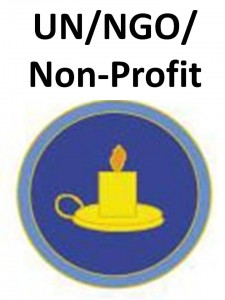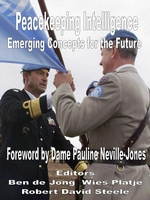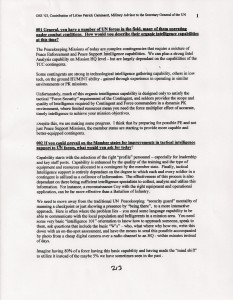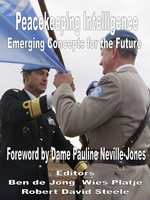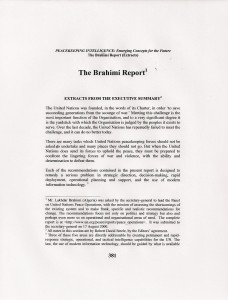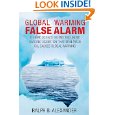
Global Warming False Alarm: The Bad Science Behind the United Nations' Assertion that Man-made CO2 Causes Global Warming
In language that a layman can understand, Ralph Alexander explains how the whole global warming claim got started, who started it, and how it has been maintained by too many scientists (and others) using deliberately false or distorted science. – Bookviews by Alan Caruba

Heaven and Earth: Global Warming, the Missing Science
‘This is a very powerful, clear, understandable and extremely useful book . . . [Plimer] convincingly criticizes the UN, the IPCC, U.K. and U.S. politicians, as well as Hollywood show business celebrities. He strictly distinguishes science from environmental activism, politics, and opportunism.'—Vaclav Klaus, President, The European Union
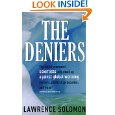
Dr. Richard Lindzen–Professor of Meteorology at M.I.T., member, the National Research Council Board on Atmospheric Sciences and Climate, says global warming alarmists “are trumpeting catastrophes that couldn't happen even if the models were right.” … and many others
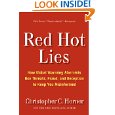
Red Hot Lies: How Global Warming Alarmists Use Threats, Fraud, and Deception to Keep You Misinformed
From the author of the New York Times bestselling Politically Incorrect Guide(tm) to Global Warming (and Environmentalism) comes Red Hot Lies, an exposé of the hypocrisy, deceit, and outright lies of the global warming alarmists and the compliant media that support them. Did you know that most scientists are global warming skeptics? Or that environmental alarmists have knowingly promoted false and exaggerated data on global warming? Or that in the Left's efforts to suppress free speech (and scientific research), they have compared global warming dissent with “treason”? Shocking, frank, and illuminating, Chris Horner's Red Hot Lies explodes as many myths as Al Gore promotes.
Continue reading “Worth a Look: Literature in Rebuttal of Global Warming”


